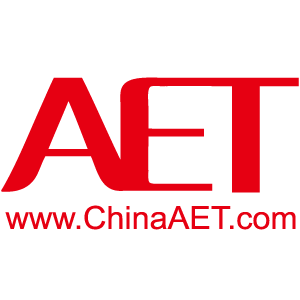文献标识码: A
DOI: 10.20044/j.csdg.2097-1788.2022.01.011
引用格式: 李建,王昊,姜苈峰,等. 基于内生安全的数据共享信息系统架构研究[J].网络安全与数据治理,2022,41(1):70-77.
0 引言
继原始文明、农业文明、工业文明时代之后,人类已进入当今的数字文明时代。特别是大数据、人工智能、云计算、区块链等新一代信息技术的逐步成熟,加速了数字经济时代的到来,革新或颠覆了传统的经济形态,使得越来越多的国家将数字经济上升为国家战略,并逐步成长为世界各国经济增长的强大引擎。欧洲委员会指出,“数字经济”将数据视为“未来经济的基石”,决定着商业的成功和经济的未来繁荣[1]。整体来看,美国、英国、德国、法国、加拿大、澳大利亚等主要西方发达国家,早在20世纪60~80年代,就开始出台关于信息自由、数据保护等方面的国家层级的法律,如今已基本构建有利于数据开放利用的数据法规制度体系[2]。我国自党的十九届四中全会首次把数据与劳动、资本、土地、知识、技术、管理一并视为生产要素后,大大加快了成体系的数据立法工作。2020年3月,中共中央、国务院发布《关于构建更加完善的要素市场化配置体制机制的意见》,明确提出“加快培育数据要素市场”,“根据数据性质完善产权性质,完善数据产权界定”,数据作为一种新型生产要素,第一次直接写入中央政策文件中;2021年,我国又颁布和实施《中华人民共和国数据安全法》《中华人民共和国个人信息保护法》,基本构建了比较完整的数据安全治理体系,其全景图如图1所示,标志着数据安全治理领域正式进入体系化强监管时代。
本文详细内容请下载:http://www.chinaaet.com/resource/share/2000004614
作者信息:
李 建1,2,王 昊1,2,姜苈峰1,2,罗清林1,2,吴凡毅1,2,3
(1.中电(海南)联合创新研究院有限公司,海南 澄迈571924;
2.海南省PK体系关键技术研究重点实验室,海南 澄迈571924;
3.中国电子信息产业集团有限公司,广东 深圳518057)

